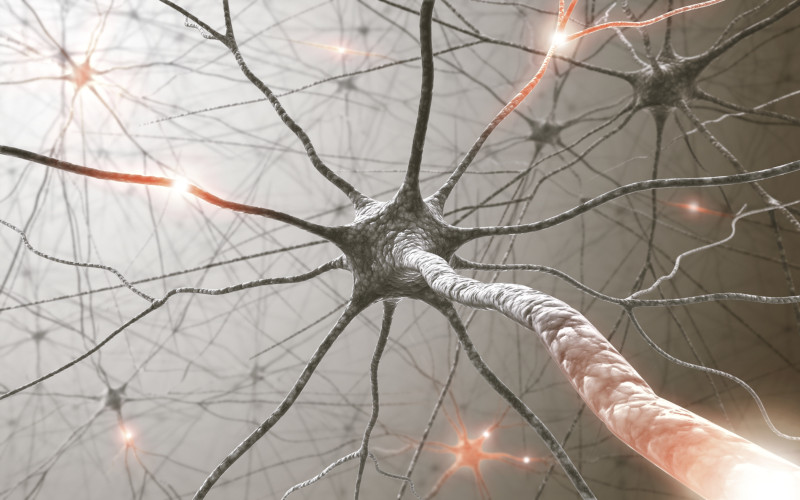Slide 1 of 4: Introduction
Parkinson’s Disease: A Case Study
true
true
You must read each slide, and complete any questions on the slide, in sequence.
Author: Melanie Maggard, University of Maryland Global Campus
Press the Next button to start this activity
